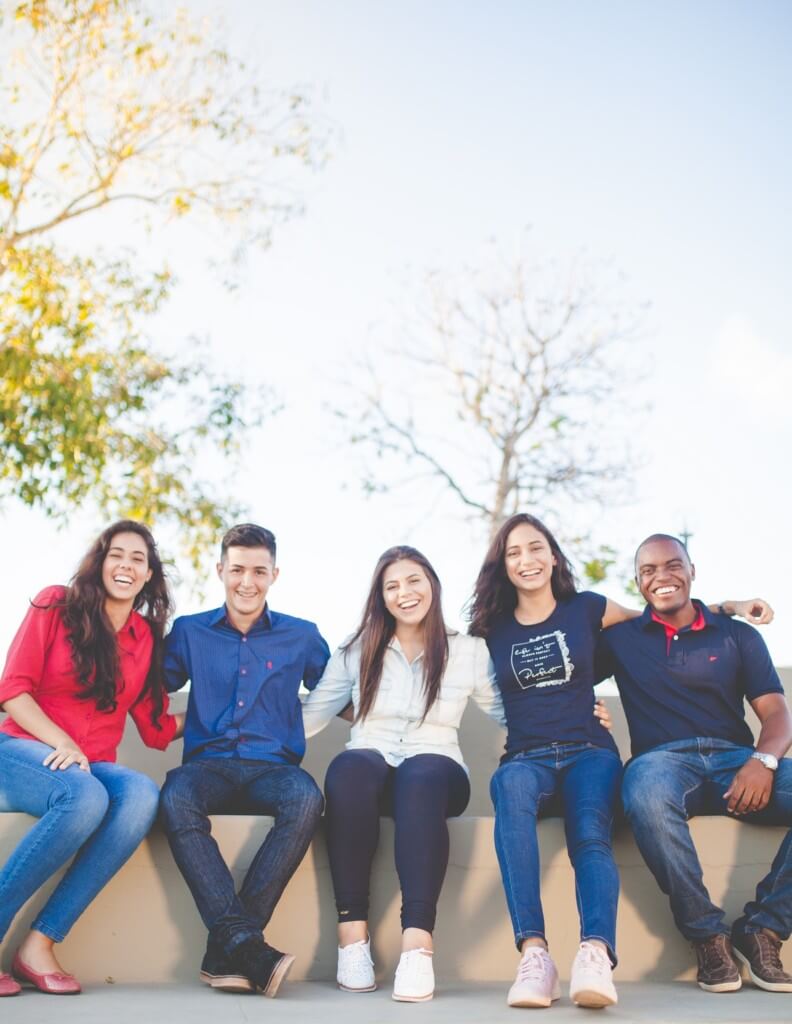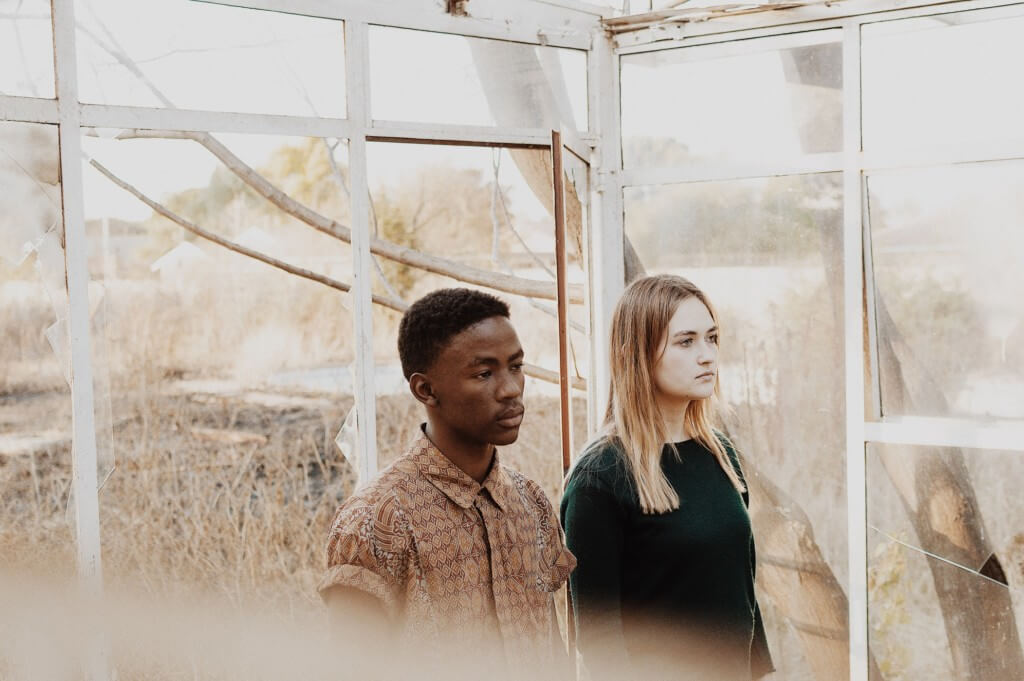Nationwide you can find people talking about diversity. Diversity in the media, diversity in schools and simply just talking about how big of a deal diversity is. However, sometimes small town folks can’t experience it first hand. Small towns mean close-knit communities where everyone knows everything about everybody. Secrets spread all the way across town within a day and just about everyone has very similar ways of thinking. One thing seems to not exist: fresh perspectives. This lack of variety drives high schoolers to get far away from their small town and onto a bigger college where diversity thrives and new beliefs and opinions flood the campus.
These aspects of diversity in colleges might shock small town Americans.
New People, New Histories

High schoolers in small towns have usually grown up together since kindergarten. Although home lives vary between students, everyone shares the same history of growing up in the same town, going to the same schools, playing at the same parks, having the same funny teachers in middle school and hearing all the same pointless rumors in high school about who drank with who last weekend.
After high school, everyone takes this history with them to their new homes at college. “I would say big schools open you up to a lot of new perspectives and ways of thinking. A larger student body means there are more people to share ideas, learn techniques and experiences,” said Iowa State University freshman Madison Elbert. Now you can hear the pasts of everyone else that grew up very different from you and learn just how communities vary from state to state. You could come from the Midwest and meet someone from Florida who has never known a Christmas with snow and has never had to experience waking up and getting ready for school just for the superintendent to finally cancel it because of snow. Or you could come from a town whose high school teachers only cared about students giving the bare minimum, while your roommate could have come from a school that pushed college credit classes and getting anything lower than a 28 on the ACT means you’re destined for anything but greatness.
At larger universities, all these people with different stories all come together and it becomes a learning experience for all. You learn to respect the different backgrounds people come from and the stories they bring with that are so odd but intriguing at the same time. Many cannot learn to truly respect and embrace differences without the melting pot of a college campus.
A Whole New Racial Picture

Minimal racial diversity is one of the most prominent downfalls to smaller communities. Racial homogeny or segregation may not always happen consciously or intentionally in this age, but nevertheless these racial makeups exist in many small towns. Increase the number of people in one area, like at a sizeable university, and, in theory, the racial makeup diversifies.
For people in mostly racially homogenous towns, coming to college means being exposed to more students of different races. We also cannot forget about the students that come to the US from another country for an education. Chances are, most college students have never been exposed to such a large population from other countries before ever stepping a foot on a college campus.
Diverse cultures and races all have different origins and struggles. But students from small towns might find a huge difference between the information about other races they see in the media and on their Twitter feeds and what they see firsthand in classrooms. Hearing personal experiences from your new close friends can get a person thinking about racial issues in America today they may not have thought about before. This can even get you thinking about racial situations outside the US. The media can only supply so much of the truth, and they can’t display every individual history that has to be observed in person at college. College brings all the issues that seem so distant to the home front.
Heck, Even The Food Is Completely New and Different

Aside from the different people you meet with different histories and racial identities, the foods at your disposal seem to come from a whole new planet. At the dining halls, you’ll find endless options for meat lovers, vegetarians, die-hard health freaks, seafood lovers, vegans and those of us that just have to have dessert with every meal. The options suited for anyone at the school from all over the world seem bizarre to anyone from a small town that is used to burgers and salads in their cafeterias. “Growing up in a small town was very different than now being in a college town because there is a lot more of everything in a college town: people, restaurants, bars, shops, etc.” said University of Iowa freshman Michaela Kies. Completely new restaurant options are available too, and you will definitely walk past a chain fast food place you’ve never heard of before. Your taste buds might experience some shock a bit at first at just the amount of new flavors available, but you won’t experience an easier transition from high school to college than new food experiences.
Goodbye Older Generation’s Ways of Thinking

On college campuses, perspectives of the new generation thrive and mold themselves independent from what the older generation wants. In smaller towns, you always run into the same problem: everyone believing what their parents believe, whether it be politically or socially. Getting out of a small town means getting away from the suffocation of older generations ways of thinking. Teenagers and young adults nowadays typically hold more liberal beliefs, while their parents are about as conservative as it gets. With adults making up a large chunk of small town populations, conservative views can easily become dominant.
“I feel that, after attending a large university, I have gotten to hear a wide range of viewpoints on different topics, and through that, I have heard many liberal stances on issues. This is very different from where I grew up” said University of Iowa Freshman Megan Connor. Universities expose students to all new kinds of political beliefs and views about the world. “Not everyone is going to share the same beliefs, which will only help a person open their mind to new ideas” said Elbert. With so much variety in viewpoints, young adults truly have to find their own way and establish their own ways of thinking since there they won’t feel a clear overarching pressure to believe a certain thing.
New Things People are Passionate About

In small town high schools, usually a few extracurricular activities take priority over all the others. You can see the football jocks that spend just about every waking moment in the gym or on the field, then the drama kids that always work toward perfecting their lines for the spring play and you can never forget about the kids spending their free time arguing on the debate team. Big schools have all of these groups too, but now more teams shine through. Now you can be a part of the rowing team, diving team, gymnastics team, different campus magazines and maybe even the chess club. Divisions between athletes and drama geeks no longer exist. Everyone has their own personal passion they came into college with and universities form a melting pot where all these different interests can grow and thrive.



















